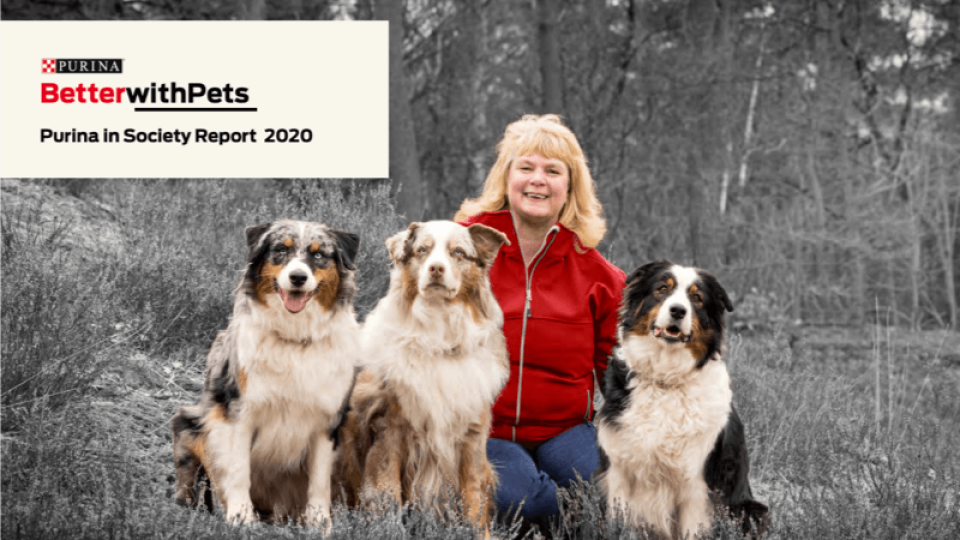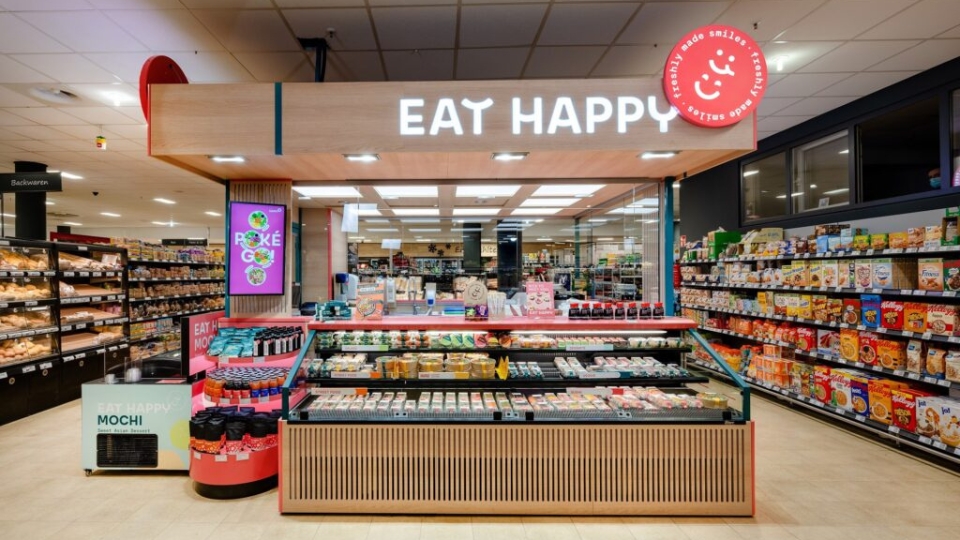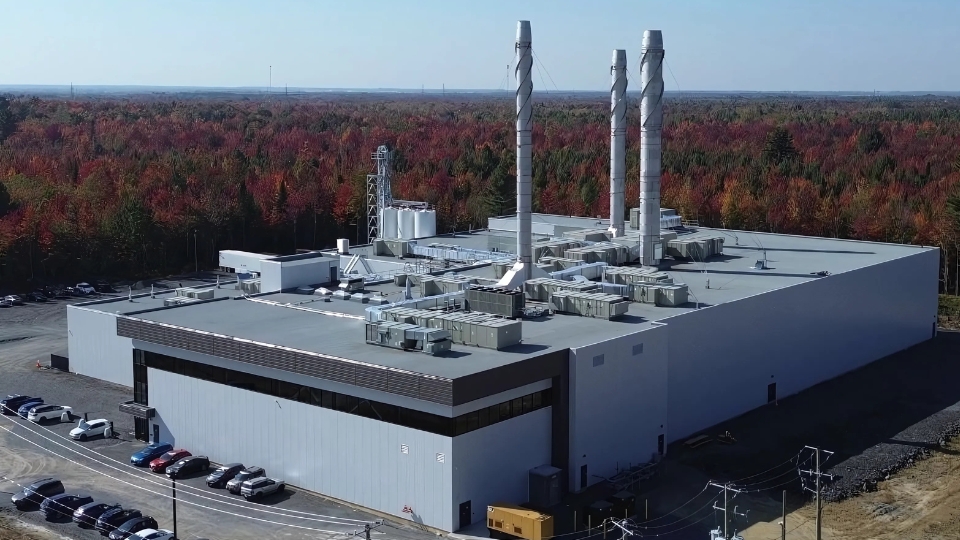
In its 3rd ‘Purina in Society’ report, the pet care giant details its key findings identified on the basis of more than 100 interviews with vets, media, sector leaders, Purina partners and key opinion leaders.
Trends
- Increase of pet ownership – Recently published Euromonitor figures show an acceleration in pet acquisition across Europe, the Middle East and North Africa, compared to 2019 where pet population growth was 3m. 2020 saw the total pet population grow by 5.1m across the region – representing an incremental growth of 70%.
- Changes to the future of work as a result of the recent requirement for remote working.
- Shift to e-commerce – Historic share gains for e-commerce were amplified last year as shoppers looked to socially distance.
- Growing preference for alternative ingredients/alternative proteins – Declining natural resources on a global scale puts pressure on reducing consumption or finding alternative sources. Moreover, as Millennial pet parents treat their dogs and cats like a member of the family, more dogs are now consuming flexitarian diets – with food made from animal and plant proteins.
- Continued demand for more natural food driven by both health and animal welfare concerns.
- Elevated understanding of the societal impact of pet ownership and the opportunity to positively affect human health, education and communities.
- Seamless, AI enabled, and optimised solutions including personalised nutrition – People are turning to intelligent ways of managing their lives through digital technology, powered by big data, AI and predictive intelligence. As tech fuels better consumer experiences and new services in other areas of their lives, people’s expectations for seamless, customised and enjoyable products and experiences in pet care will become heightened.
- New demands for corporate transparency – Consumers want to be able to assess the environmental impacts of their purchasing decisions including environmental impacts and animal welfare in the value chain; ingredient transparency.
Challenges
- Supply chain resilience – During 2020, manufacturers faced unprecedented challenges in a global pandemic. Obstacles with a healthy workforce, procuring raw materials or in cross-border trade did in some cases impact stocks and could impact in the nearer future.
- Inequal access to affordable pet care products – due to both availability and the impact of the pandemic on income.
- Scarcity of ingredients – and the need to manage the availability of resources to stay within the planetary limits.
- Environmental impact of sourcing and packaging on our planetary health.
- Continued technology-driven transformation of the economy and the way we live our lives and produce petfood.
The Purina in Society Report also showcases the impact of Purina’s initiatives, partnerships and collaborations on the lives of pets, the people who love them and the planet.
For example, in the last 2 years Purina has:
- Launched 30 new products to improve the health and wellbeing of pets – including PRO PLAN® LIVECLEAR®, the first and only cat food that reduces allergens present on cat hair and dander, which has been awarded the Allergy UK ‘Allergy Friendly Product Award’.
- Reached 94% of deforestation free soya and 78% of packaging designed to be recyclable
- Supported the adoption of 98,731 pets – in the UK our financial support focused on helping Cats Protection feed one million meals to cats in their care.
- Created 209 Pets at Work alliances to support pet friendly workplaces across Europe – in the UK Purina has supported companies to become dog friendly and will continue to champion the mental health benefits pets at work can bring as offices begin to reopen.
- During the COVID-19 pandemic, donated over £190,000 to four charities across the UK & Ireland (Cats Protection, Canine Partners, the RSPCA and the DSPCA)
The latest articles

Former Fressnapf CEO moves to sushi company
Johannes Steegmann takes on a new role as CEO of Cologne-based Eat Happy Group.

Thai pet food industry responds to address temporary US export ban
The US government has identified the country’s pet food as a product category that is potentially produced with child or forced labor.

Canadian insect protein player secures investment to boost production
Entosystem aims to add a second factory to meet the increased demand for insect protein in the pet food industry.
Weekly newsletter to stay up-to-date
Discover what’s happening in the pet industry. Get the must-read stories and insights in your inbox.
